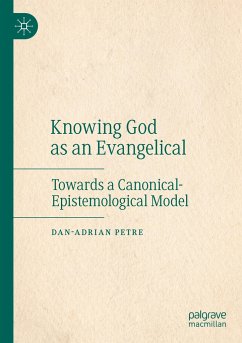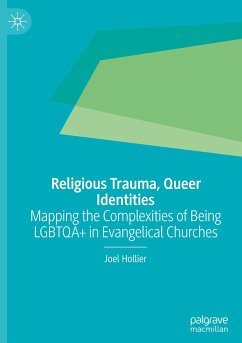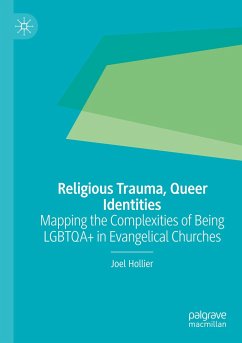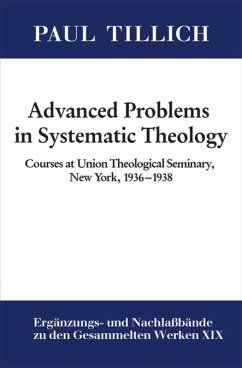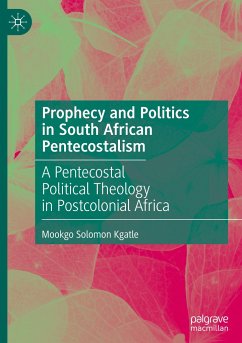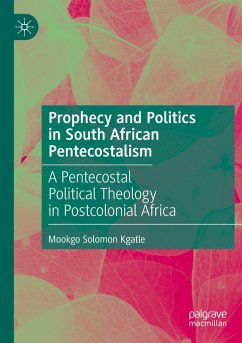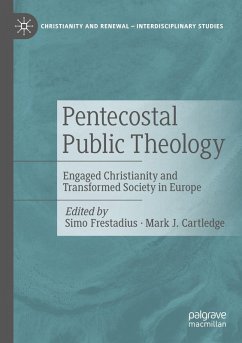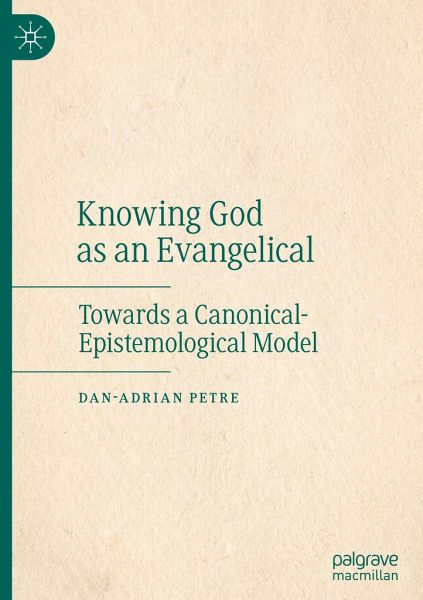
Knowing God as an Evangelical
Towards a Canonical-Epistemological Model
Versandkostenfrei!
Versandfertig in 6-10 Tagen
121,99 €
inkl. MwSt.
Weitere Ausgaben:

PAYBACK Punkte
61 °P sammeln!
In the present polyphony of evangelical theological epistemology, there are several authoritative approaches. Yet, the evangelical emphasis on sola scriptura demands that theological epistemology be subjected to the biblical canon. In this book, Dan-Adrian Petre argues for a canonically-derived theological epistemological framework that may foster a fuller understanding of theological knowledge formation within evangelicalism. Specifically, he explores some representative evangelical voices to identify the reasons for the contemporary epistemological variance. Petre then uses a canonical-epist...
In the present polyphony of evangelical theological epistemology, there are several authoritative approaches. Yet, the evangelical emphasis on sola scriptura demands that theological epistemology be subjected to the biblical canon. In this book, Dan-Adrian Petre argues for a canonically-derived theological epistemological framework that may foster a fuller understanding of theological knowledge formation within evangelicalism. Specifically, he explores some representative evangelical voices to identify the reasons for the contemporary epistemological variance. Petre then uses a canonical-epistemological methodology to outline a biblically-based framework. In exploring how the Scripture conceptualizes the formation of theological knowledge, the book uses cognitive linguistics to grasp the conceptual meaning of the theological knowledge formation in the Bible using prototypical case studies. The resulting epistemological implications outline a minimal epistemological model derived from the biblical canon. Using this vantage point, the author assesses the contemporary evangelical epistemological dissonance as a means of indicating a way forward for a canonical-epistemological attunement.





